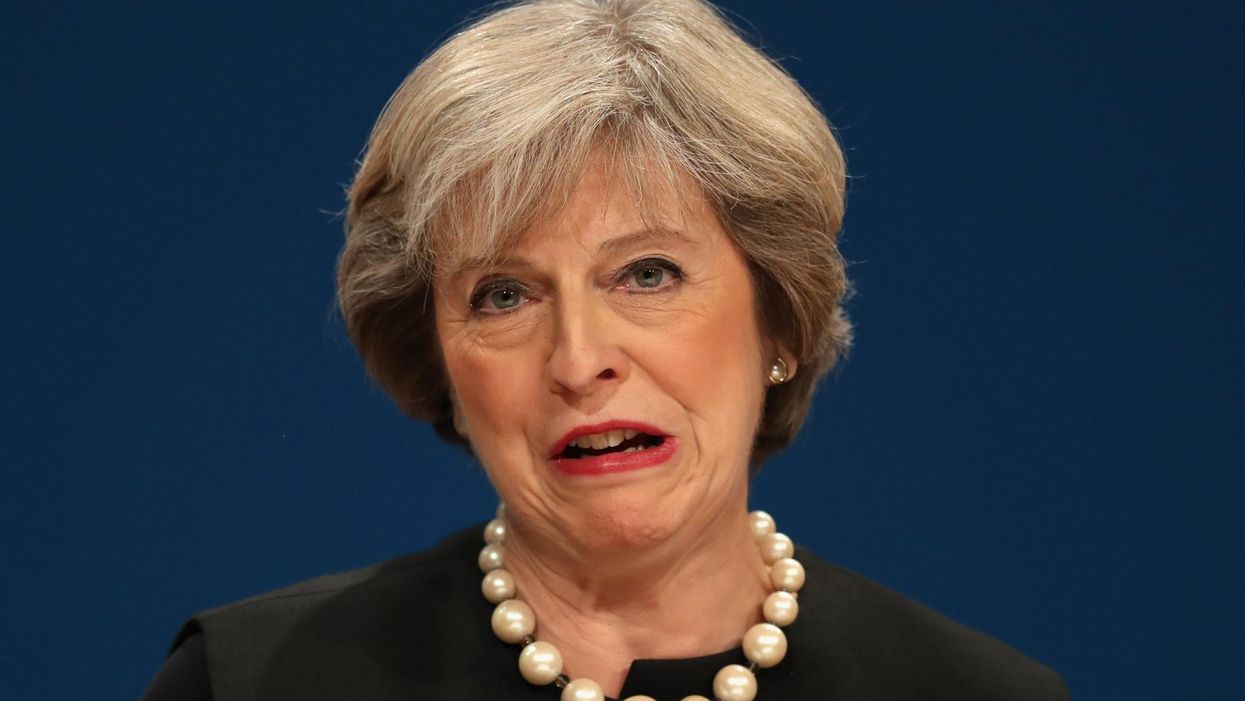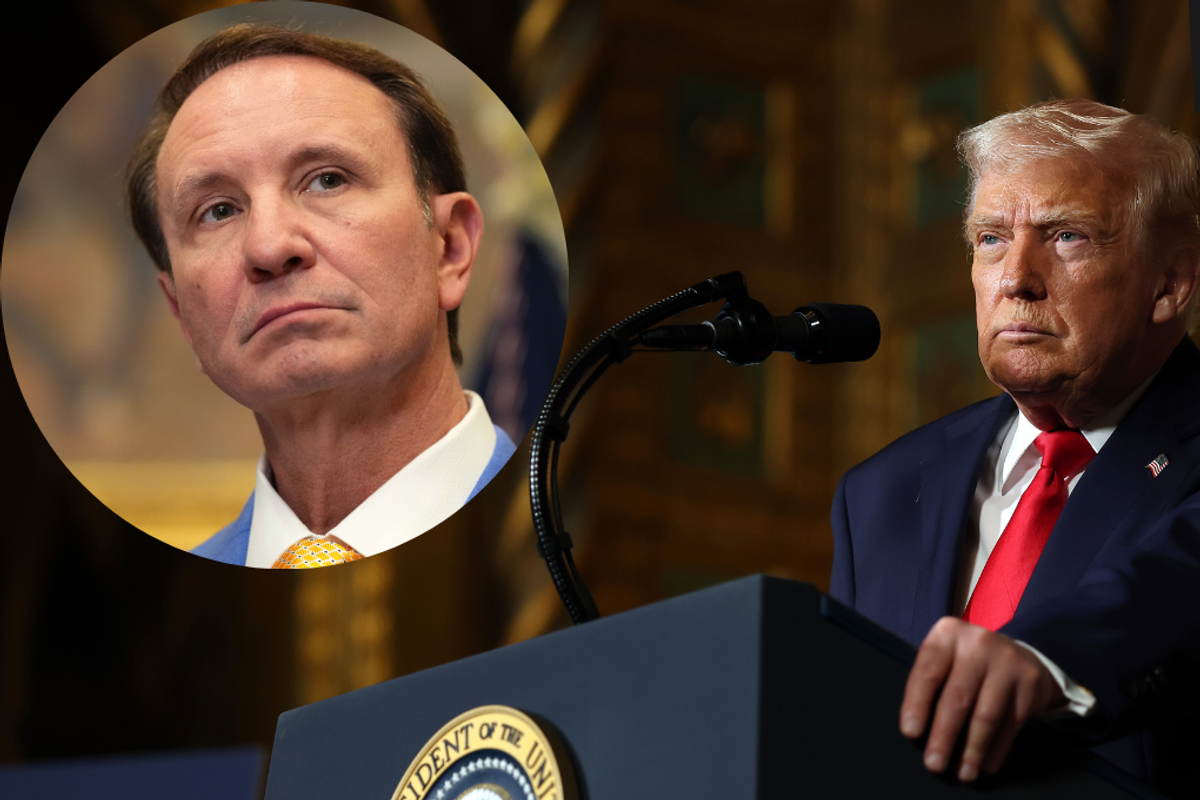
On 23 June 2016, the British public voted to leave the European Union by 52 per cent to 48, a narrow margin.
The question was:
Should the United Kingdom remain a member of the European Union or leave the European Union?
Theresa May, who came to power thanks to the votes of 199 Conservative MPs, has since used this plebiscite on the European Union to set out an entirely new vision for the country.
In her speech to the Conservative party conference last week, she said the vote represented:
a change in the way our country works – and the people for whom it works – forever.
The referendum ballot, unless we're much mistaken, contained no tickbox for grammar schools, for lists of foreign workers at firms, for leaving the single market, or for denying Parliament a vote on the method of Brexit:
It simply read:
Should the United Kingdom remain a member of the European Union or leave the European Union?
The government u-turned this week on the controversial plans to force companies to draw up lists of foreign-born employees, after even Ukip MEP Roger Helmer suggested the policy was a "step too far" and that his own party would've been branded 'fascist' for announcing them.
One tweet has encapsulated some of the frustration of those who not only voted against a Brexit, but didn't vote for all the new policy suggestions being discussed as a result of the referendum:
To a certain extent, people have gone apes***.
Chuka Umunna stood up in the House of Commons and registered anger at 48 per cent of the public being pigeon-holed as 'liberal elite'...
...a sentiment echoed by The Independent's Tom Peck:
Sneering, in case you weren’t already aware, is what the “liberal elites” do when they have the temerity to question the wisdom of a course of action that has so far detonated the pound, had foreign investors threatening legal action against the government, and appointed Nigel Farage as de facto Ambassador of no-longer-Great Britain to the United States.
A counterpoint, is that those who voted for Brexit feel sneered at in the same way, accused of voting for xenophobic or illogical reasons.
Either way, is the best way to handle a situation of a country seemingly divided at a 52/48 fault-line to aggressively overrule Parliamentary scrutinty and pursue brand-new policy on-the-hoof?
Comments from president of the EU commission Jean-Claude Juncker seem to suggest a withdrawal from the single market is necessary, but devising policies to list foreign workers and denying Parliament a vote on the manner and method of a Brexit also seems far beyond the brief.
More: Oxbridge educated politician at heart of Westminster for 20 years launches attack on 'establishment'













